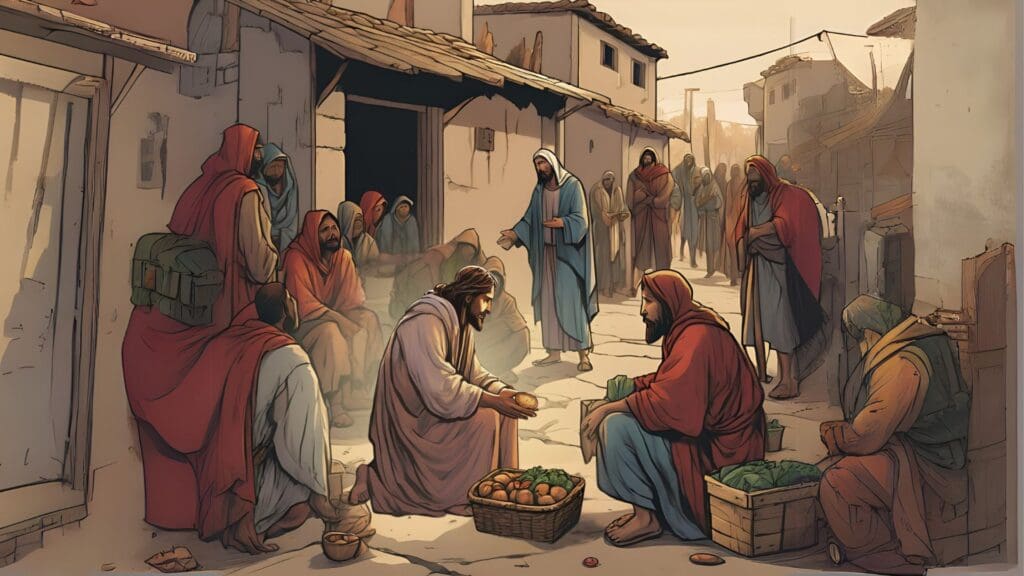Introduction
The main goal in sharing this blog series is to investigate how Jesus approached and interacted with need in humanity. Although Jesus’ teachings and parables include examples of human need, and there is a wealth of Old Testament writings on how the poor are to be included, accommodated, and treated fairly, in this work we’ve chosen to focus on how Jesus directly interacted with need in humanity. I believe we will discover that not only is there no contradiction to the parables or Old Testament writings in Jesus’ conduct but a perfect fulfillment of how God intends for us to care for the least of these.

Why Write This Series?
The short answer is that we are compelled by the Holy Spirit to write this book. We are motivated by the urgency created by the burgeoning crisis of poverty and homelessness in America. We sense that there is a genuine desire in the body of Christ to actually help individuals experiencing poverty and homelessness. However, it seems that there is confusion on what Biblical help should look like. Should we be concerned with housing first? What about addiction recovery or the treatment of mental illness? Do we just bring them food when we notice the need and hope for the best?
Addressing Societal Contributions to Poverty
What about big picture societal contributions to poverty? What about criminal justice reform, or proactive rehabilitation within prisons? Should families in our churches be encouraged to participate in foster care? Does our church need to establish a clothing closet or a food pantry? Does Jesus’ admonition to give to whoever asks require us to pay the utility bills of people who call into the church office asking for assistance? Should we advocate for or invest in affordable housing? What are the ramifications of raising the minimum wage?
Focusing on the Individual
While the exploration of the bigger societal issues is important, we have chosen to focus on the individual person. Human need is experienced at the individual level when that person feels rejection, hunger, cold, fear, and more. The larger causes are as unique and nuanced as the humans experiencing human need.
Avoiding Division and Objectification
Engaging with opinions on what help looks like can easily splinter us away from each other, and this diverts our focus from helping others. Often, we become more political beings (only listening to those that agree with us) than the body of Christ, each arguing for the righteousness of their own opinion rather than focusing on the human being made in the image of God that is in a moment of need. Again, our focus will be on the individual person, the man or woman made in the image of God.
Arguing about the approach to help also somewhat objectifies the person who needs it. Key Point: People are not objects to be used for our own agenda.
Conclusion
The body of Christ desperately needs clarity and a unified initial approach. This is a stewardship issue, but not only of monetary resources. The church’s response needs to correctly steward the tender heart of compassionate Christians before they become overwhelmed, burned out, or disproportionately prideful in their abilities.


